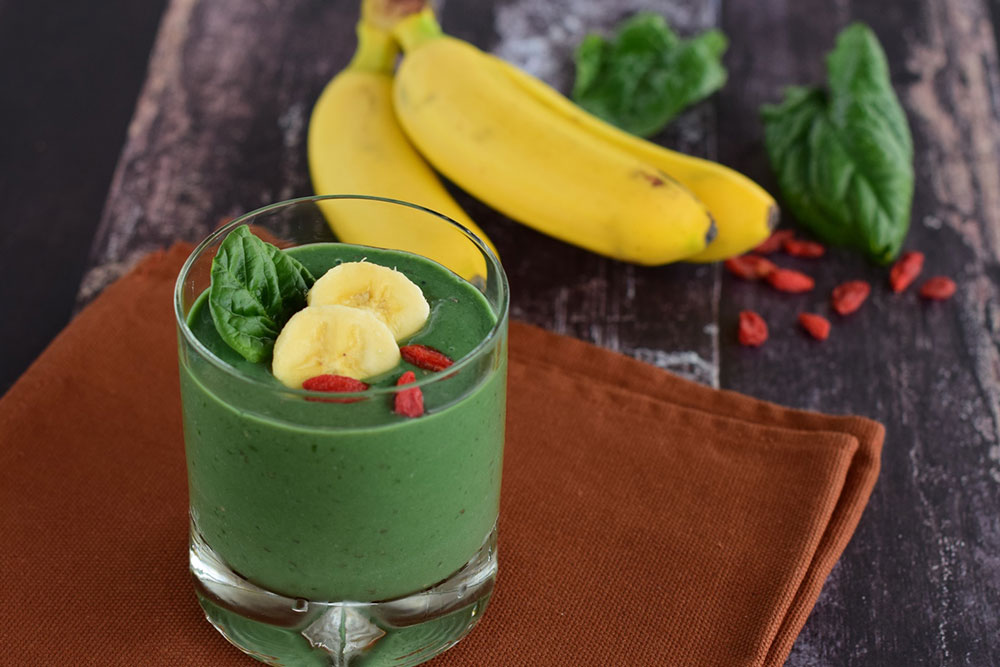Comprehensive Nutritional Guide for Managing Pulmonary Fibrosis: Vital Foods to Embrace and Avoid
This comprehensive guide provides essential nutrition strategies for individuals suffering from pulmonary fibrosis. It highlights beneficial foods like whole grains, lean proteins, and fruits, while advising on foods to avoid such as fried and processed meats. The article emphasizes the importance of combining diet with medications like Esbriet® and OFEV® to manage symptoms effectively. By adopting these dietary and medical practices, patients can support lung health, reduce inflammation, and improve their overall quality of life. A holistic approach to managing pulmonary fibrosis is crucial for better health outcomes.

Effective Nutrition Strategies for Pulmonary Fibrosis Management
Pulmonary fibrosis is a progressive and often debilitating lung disease characterized by the development of scar tissue within the pulmonary tissues. This condition impairs lung elasticity and hampers the body’s ability to oxygenate blood efficiently. Individuals diagnosed with pulmonary fibrosis frequently experience symptoms such as persistent shortness of breath, dry cough, fatigue, chest discomfort, and a noticeable decrease in appetite. While current medical treatments focus on slowing disease progression and alleviating symptoms, adopting an optimal nutritional regimen can play a pivotal role in overall health and symptom management. A well-designed diet plan can help reduce inflammation, support immune function, and maintain a healthy weight, all crucial factors in managing pulmonary fibrosis effectively.
In this comprehensive guide, we will explore the key foods that are beneficial for pulmonary fibrosis patients, highlighting options that support lung health and improve quality of life. Additionally, we will identify foods that should be minimized or avoided entirely to prevent exacerbation of symptoms or further lung damage. Alongside dietary modifications, the utilization of specific medications such as Esbriet® (pirfenidone) and OFEV® (nintedanib) will be discussed to provide a holistic approach to disease management.
Recommended Foods for Pulmonary Fibrosis Patients
Whole Grains and Complex Carbohydrates - Incorporating whole grains such as oats, quinoa, barley, and brown rice into daily meals provides a rich source of dietary fiber, vitamins, and essential minerals. These nutrients possess anti-inflammatory properties that can help reduce systemic inflammation, potentially slowing the progression of fibrosis. Moreover, complex carbohydrates supply steady energy levels, which are vital for combating fatigue common among pulmonary fibrosis sufferers, and aid in maintaining a healthy weight.
Lean Proteins for Muscle Support - Consuming lean sources of protein, including skinless poultry, eggs, and fatty fish like salmon and mackerel, supplies the amino acids necessary for respiratory muscle strength and tissue repair. Fish rich in omega-3 fatty acids have proven anti-inflammatory effects, benefiting lung health. Plant-based proteins such as beans, lentils, nuts, seeds, and tofu serve as excellent alternatives for those seeking vegetarian options, providing essential nutrients without excess saturated fats.
Colorful Fruits and Vegetables for Antioxidant Boost - A diet abundant in fruits and vegetables offers a spectrum of antioxidants, vitamins, and minerals essential for cell repair and immune support. Foods like carrots, spinach, kale, berries, kiwi, and pineapple contain compounds that combat oxidative stress and promote lung tissue regeneration. These produce items also supply dietary fiber to enhance digestion, maintain a healthy weight, and reduce inflammation, all supporting lung function.
Healthy Fats and Hydration - Incorporating healthy fats, such as avocados, nuts, seeds, and olive oil, can help reduce inflammation and support overall cellular health. Adequate hydration is critical for thinning mucus, easing coughing, and maintaining optimal lung function. Drinking plenty of water throughout the day ensures proper mucous membrane moisture, aiding respiratory comfort.
Foods and Habits to Limit or Avoid
Fried and Processed Foods - Foods prepared through frying, including French fries, fried chicken, chips, and other fast-food items, can irritate the respiratory tract, exacerbate coughing, and promote bloating. They often contain unhealthy trans fats and excessive salt, which can increase inflammation and strain cardiovascular health, indirectly impacting lung function. Limiting these foods and opting for baked or grilled preparations are advisable.
Cured and Processed Meats - Processed meats such as bacon, hot dogs, ham, salami, and deli meats are high in nitrates and preservatives that can induce inflammation and potentially damage lung tissues. Reducing intake of these meats can decrease the burden on lung health and improve overall well-being.
Additional Lifestyle and Dietary Considerations - Avoiding smoking or exposure to environmental pollutants is essential as these factors directly worsen lung damage. Emphasizing a balanced diet rich in anti-inflammatory foods, maintaining optimal hydration, and engaging in gentle physical activity suitable for individual capacity can enhance treatment outcomes.
Medications to Support Lung Health
- Besides dietary adjustments, pharmacological treatments play a critical role in managing pulmonary fibrosis. Medications like Esbriet® (pirfenidone) are prescribed to slow down lung scarring and disease progression. Esbriet® functions by reducing inflammation and fibrosis development within lung tissues. Similarly, OFEV® (nintedanib) helps decrease the rate at which lung function declines. Both medications require ongoing medical supervision and are often part of a comprehensive treatment plan designed to improve respiratory function and quality of life.In conclusion, managing pulmonary fibrosis effectively involves a combination of medical therapy, a nutritious diet, and lifestyle modifications. Emphasizing anti-inflammatory, nutrient-dense foods, reducing intake of foods that can trigger inflammation or irritation, and adhering to prescribed medications can significantly improve symptoms and prolong quality of life for those living with this challenging condition.





